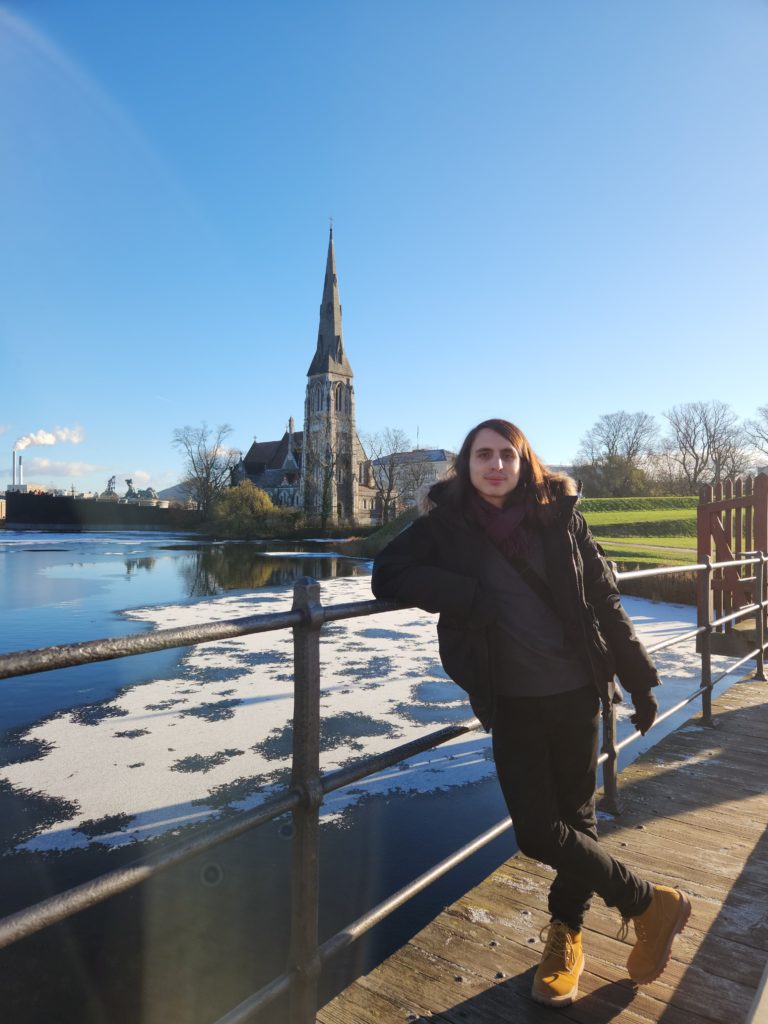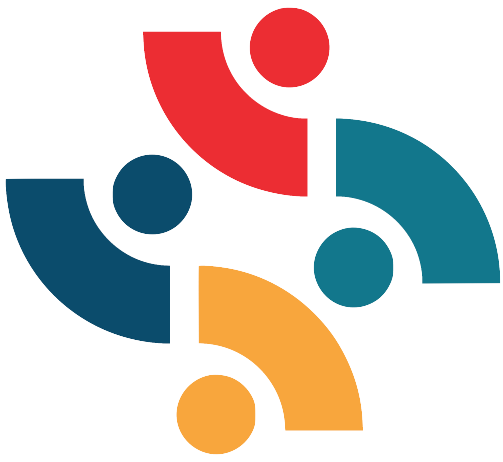
Nicolas is a 2nd year student in the EDISS Programme. He was interviewed in May when still studying at Åbo Akademi University. This year Nicolas continued his studies at Mälardalen University. In the interview Nicolas talks about his mission to continuously develop and therefore put himself out of his comfort zone. Besides the studies Nicolas also describes how the programme has enabled him to expand his knowledge of people, about the world and about himself.
Why did you choose to apply for the EDISS-program?
One of my main purposes in life is to not feel stagnated, I want to be out of my comfort zone. Back in my country, the opportunities to grow internationally and to broaden the horizons of my cultural knowledge and my personal growth were more limited. Then I found the EDISS program and felt that it was a great opportunity to not only receive further education in topics that I was really interested of, like data-science, but also to expand my knowledge of people, about the world, about myself.
Now that you are here, how would you describe EDISS, what is it about and what have you learned so far?
EDISS is one of the most ambitious programs in terms of curriculum that I have found in topics of data-science that was backed by the European government. I think as an ERASMUS Mundus program it offers more than just education, it also offers working experience and hands-on experience along with a very vast scale of cultural differences, people from all over the world that you get to share experiences and ideas with, which makes it very interesting. EDISS is about data-science, topics that are cutting edge in the field of technology, but it doesn’t just focus on the technical part of things. EDISS is a very open-minded program.
What were your expectations and has the program met them?
I would describe EDISS as one of the most ambitious European government-funded programs that I could find. I think that it is more than a simple gathering of knowledge that we could find through other sources. It is something that contributes to the bigger picture of my own life and understanding both in terms of technical and interpersonal knowledge. Because of EDISS, we get to work with people from different backgrounds with different perspectives and work towards a common goal which is educating ourselves in data-science, IOT, machine learning, and artificial intelligence. I have learned both technical and theoretical knowledge about our topics and that is valuable, since data, specifically, is not just about knowing how to produce code or conducting graphs explaining what is happening. It is also about the knowledge that you get from it and the insight of how you can use data to help people live a happier life through the use of these powerful tools that we have learned in this program.
How has the financing worked for you?
In terms of all the scholarships that are offered in this same geographical area I think this scholarship is pretty good. I think it’s enough for sustaining all the daily expenses that you can encounter in this country, especially taking into account that Finland is one of the most expensive countries in Europe.
What do you think about studying in Finland, what has it been like?
I think that Finland has a robust system in terms of education. In many other countries, students are treated kind of like second-class citizens, but I haven’t felt that in this country. Finland has a system that really tries to support students in terms of student-subsidized lunches, psychological services, in terms of ways to communicate the problems that we have. I find this very important because students may be in a part of their lives where they are very fragile because they have not developed fully in terms of personality among other factors. These kinds of things really contribute to the quality of life as a student in Finland and help us study better, it is after all we who are ultimately going to produce better things in the future. I consider myself very satisfied with the Finnish educational system.
What have you been doing outside of your studies in Finland?
I think I have tried to do everything that can be imagined for an international student to do. I’ve traveled to other countries, like Spain, gotten to know other cultures and made new acquaintances. many here come from vastly different cultures and we have all been open to learn about each other, for example I’m not personally Muslim but i have celebrated the end of Ramadan with a group of people just because they were willing to celebrate this special day with us, and I consider this a valuable experience. I’ve also made an effort to understand the Finnish culture and way of life better because I think it is important to try and understand the country that is hosting you and in order to be more integrated to society. I’ve tried to learn Finnish by taking language courses, educate myself about Saami culture, visited Lapland and tried ice swimming.
Thoughts about the Winter school, internship, and your upcoming exchange year?
The Winter School is a really amazing experience since we get to travel to another country to present the progress that we have made so far. It’s a very intensive week in terms of social amends, what we have to present, and taking decision of the upcoming second-year specialization. A lot of things happen during the week, and I consider this part of the program as a reward for our efforts at studying, even if it’s an academical week, it’s full of leisure and relaxation.
The EDISS compulsory internship is where we really encounter ourselves with the Finnish working-environment. It’s a challenging task as we will go out of our comfort zones of studying courses to prepare ourselves to do interviews, make cover letters and attractive CV’s that would interest potential recruiters here in Finland. We really need to show the best versions of ourselves because employment is not guaranteed, even if we have proven our value by getting accepted into this program, which is not easy in itself. It’s something you must work for but very satisfactory once you get it.
The second-year specialization is a very important decision to make from a cultural and academic perspective because they are different in each country. The cultural experiences and the courses are varying. In the case of EDISS, depending on what you choose, your degree will have a different description in it. It’s an interesting part of this program, because you might have different expectations and perspectives on things when you begin that may totally change as the exchange-year closes in.
What are your future plans?
My future plans are to have stability in one of these European countries with a culture that I am fond of. That’s why I mentioned earlier that I am really invested in trying to understand a country’s culture, because I may someday be a part of it. I plan on staying Europe for the short term and try to contribute to my personal interests and needs, such as my family, and then we will see in the long run.
Last updated on 13 December 2023
